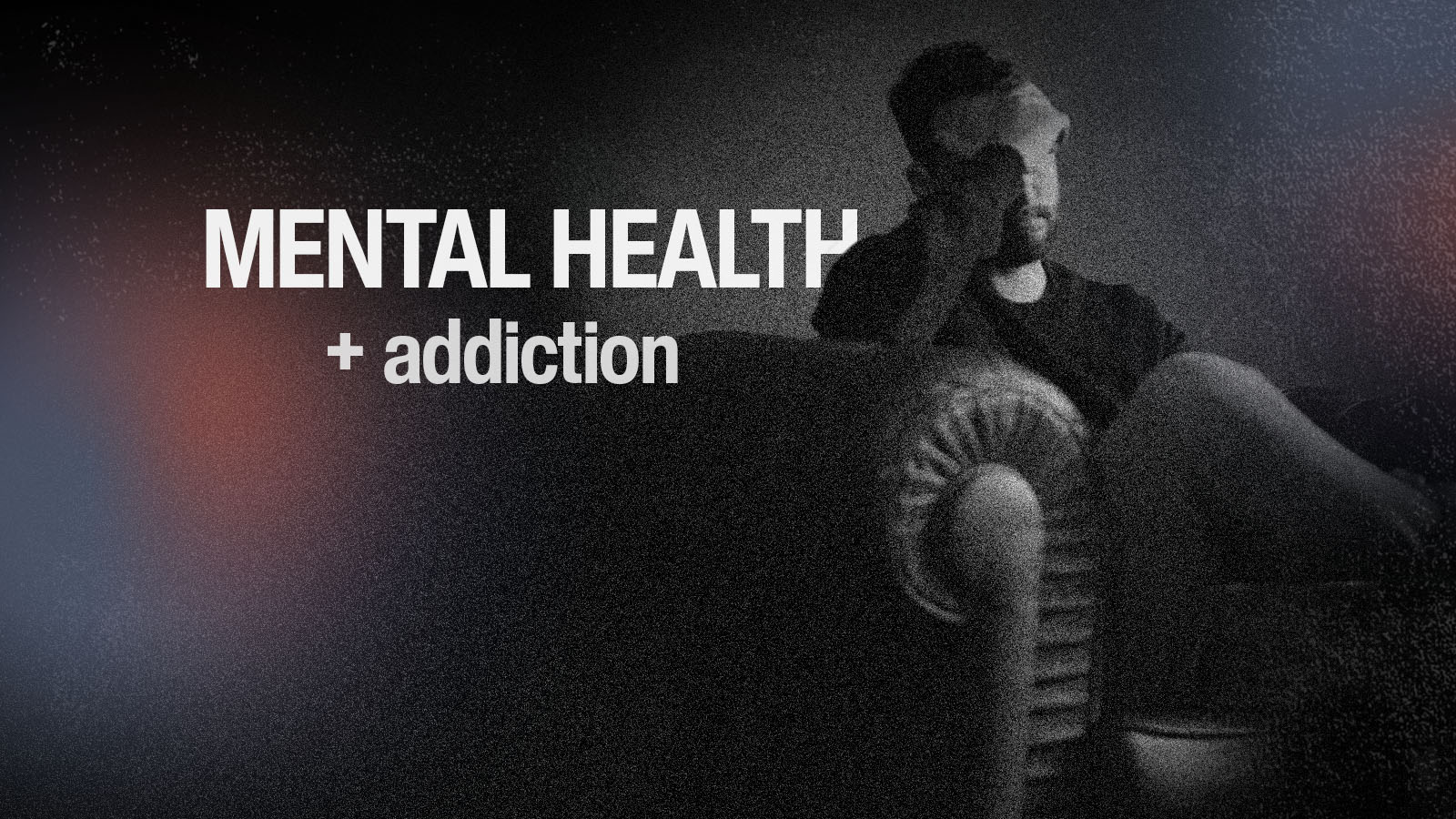Effective, evidence-based treatments for substance use disorder (SUD) are out there, but cost and accessibility are major barriers. If you receive subsidized health insurance through a state Medicaid program, you might be wondering: Does Medicaid cover drug treatment services?
Each state has its own guidelines for what is covered, so it's not a simple yes or no question—and we know that the complexity can discourage people from getting much-needed care. Almost 12% of Medicaid beneficiaries over 18 years of age have SUD, but Medicaid is a public health insurance program managed by individual states, meaning the benefits vary depending on where you live. This is where it gets complicated—even if a state covers medication-assisted treatment (MAT), we might not have an agreement with them yet.
What services does Medicaid cover?
The Mental Health Parity and Addiction Equity Act (MHPAEA) of 2008 prohibits discrimination and coverage limitations for people with mental health and SUDs. The act was designed to make treatment widely accessible. Medicaid is also required to provide certain benefits under the Affordable Care Act and other recent legislation.
Generally, Medicaid SUD treatment fully or partially covers health screenings, MAT, and medication management, plus a list of other services that mostly apply to hospital and inpatient settings.
All the requirements and covered benefits make sense in theory. In practice, the rates and services vary widely between states, leaving people with questions about the care they’ll actually receive. For example, most states don’t charge copays, but some do. Even if there are caps on those copays, some states also charge coinsurance and deductibles.
Finding a Medicaid-approved treatment option can also be challenging when there are limited numbers of qualified providers. The good news? Telehealth platforms that operate in multiple states have expanded access to care, including to people receiving publicly funded health insurance. Ophelia accepts Medicaid in a growing number of states, so text us at (215) 585-2144 to find out if we cover you.
Are there limitations?
There are some limits on the extent of SUD treatment services you can utilize each year. Again, this varies between states and may also depend on your eligibility, individual needs, and specific health coverage. Even if Medicaid covers the cost of an inpatient treatment program, it may not cover related services, including:
- Room and board
- Vocational services
- Education
Having to pay out of pocket for these additional services can make inpatient treatment unaffordable and inaccessible—and that means plenty of people will simply go without.
Are inpatient and outpatient care covered differently?
From 2014 to 2020, the Medicaid Innovation Accelerator Program (IAP) provided guidance to state Medicaid and behavioral health agencies for addressing substance use disorders. The goal was to offer “service coverage for the full continuum of care and aligning provider requirements consistent with industry standards,” described by the American Society of Addiction Medication (ASAM) criteria. This includes early intervention, outpatient services, intensive outpatient services or partial hospitalization, residential or inpatient services, and medically managed intensive inpatient services.
Inpatient treatment
Inpatient care that includes 24/7 supervision and care is generally for those who might need more intensive assistance with withdrawal and a safe, stable environment to avoid substance use, as well as those with additional medical or psychological needs. These services can help patients develop and apply recovery skills and build structure into their daily lives. Inpatient care may include individual, group, and family therapy; motivational enhancement; MAT; clinical monitoring; and intensive case management.
Given the coverage limitations and amount of time treatment can take, this isn’t always a viable option.
Outpatient treatment
People in outpatient treatment can generally lead regular lives, attending school and work and returning home after receiving care. States have the option of using Medicaid to pay for some outpatient treatments, such as counseling, case management, occupational and recreational therapy, and MAT.
In 2020, the federal government required states to expand Medicaid benefits to include access to MAT for individuals with substance use disorders. In short, any drugs approved or licensed by the FDA to treat opioid use disorders (OUD) must be covered under state Medicaid programs.
Two common MAT drugs include buprenorphine and methadone, both used to manage withdrawal symptoms and cravings. Buprenorphine has a safer risk profile, however, and can be taken outside of federally monitored treatment centers. This makes it ideal for outpatient care.
Ophelia accepts a growing number of Medicaid insurance plans. Our Suboxone-based treatment fits into your life, making it more likely to be successful at reducing cravings, withdrawal symptoms, and the risk of relapse. Start remote, evidence-based treatment on your terms.
Sources





